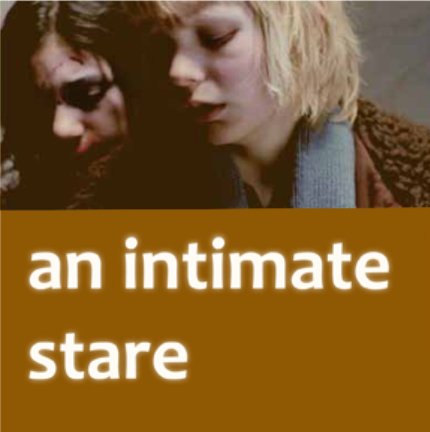A distinguished botanist, educated in the best schools in England. Among his specialties—fungi parasitizing trees. He moves from London to a remote forest in Ireland. A scientist, unlikely to believe in banshees, faeries, and baby snatchers. Yet a month after moving into a remote house in the forest with his wife, tiny baby and dog, he is fighting for his life. Fighting against creatures who feel he has trespassed in their homelands and refuse to tolerate him. “If you trespass against them they will trespass against you”, one long-time resident tells them.
Adam and his wife Clare feel that the nearby people are trying to intimidate them…and they are not totally wrong. Colm, their closest neighbor, tells Clare says he needs to talk to Adam—and tomorrow is too late. “Tonight. He comes to see me tonight,” he tells Clare. But Colm is not a bully; he is justified in his insistence. He is furious Adam and Clare don’t want to hear him but they have never experienced what he has. “Superstition” is their blanket word for all the warnings he gives them. Adam and Clare are good hearted people and good parents.
But words like superstition are a means for them to close their minds. Both of them are fascinated to read about fungus penetrating ants’ brains and turning them into “zombies.” They’ve seen microscopic evidence and the zombie ants. Case closed.
But never has it occurred to them; just as the fungus piercing the ants’ brains is part of the natural order, the black sludge penetrating human bodies may be part of the natural order too.
Adam and Clare were raised with science; Adam calls the local legends “fucking fairy tales.”
But perhaps the fucking fairy tales have some sort of scientific basis too; only if you open your mind to that possibility. That science and fairies are not mutually exclusive.
The Hallow does not dwell on that question; most of what comes next is a fierce battle between our culture and the local creatures–creatures that few of us have grown up hearing about. All we’ve heard about is the gentle leprechaun challenging us, “Catch me Lucky Charms.” No danger from him.
In the USA, histories of the wild west flash on stories of the pioneers—people who paid the price for settling the wilderness and pushing the Indians out of their homelands. Like many pioneers, Adam and Clare aren’t bad people. But they misjudge the destruction they will bring, in “civilizing” the land.
You can interpret the trees in The Hallow as symbols of the Indians in the USA, or the Aboriginals in Australia; part of many more ugly stories of “progress.” The Hallows’ action sequences give you a taste of that—and a taste for what the civilized people and the tribal natives paid for the progress.
